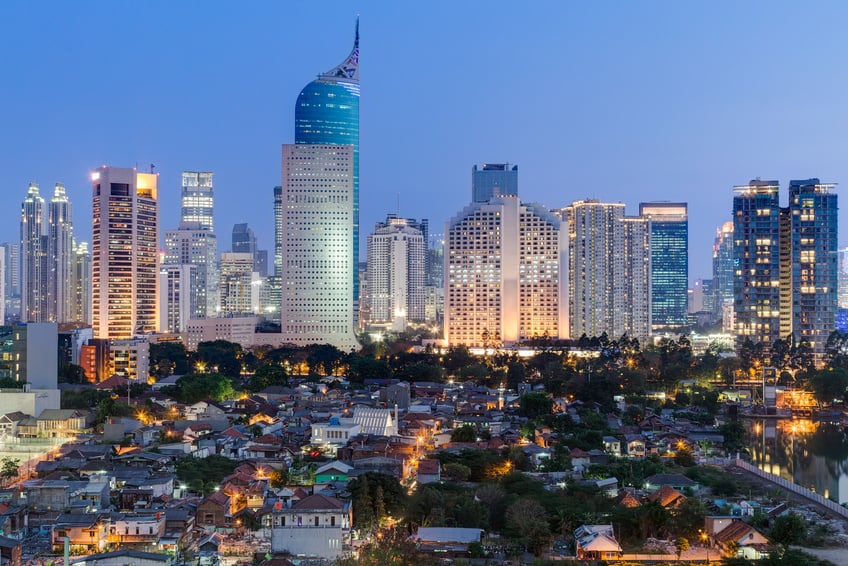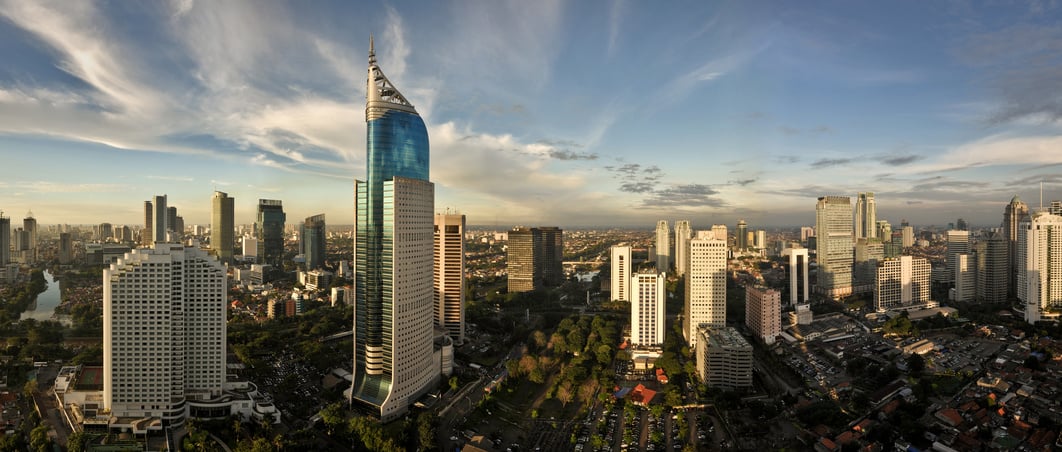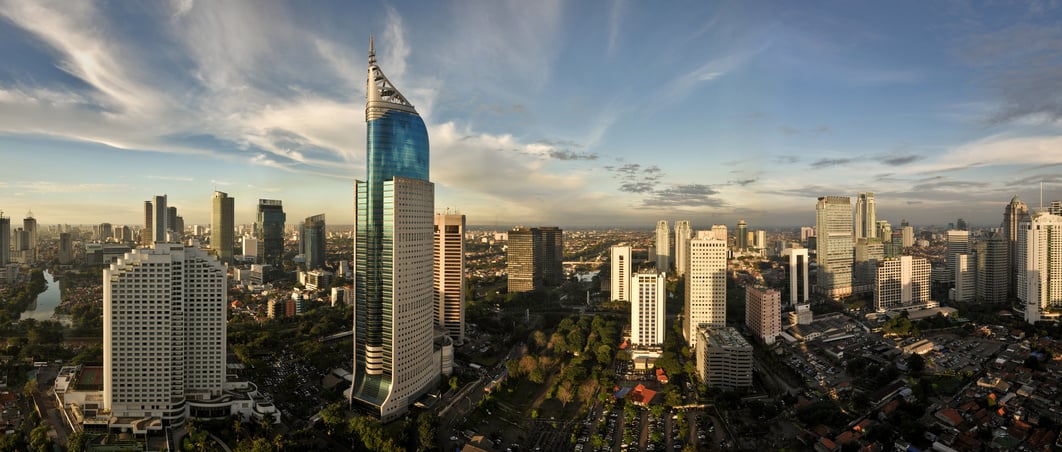After months of negotiations, Indonesia and Japan signed a mutual recognition agreement for bilateral carbon trading (MRA) on 18 October 2024. The MRA, which came into effect on 28 October 2024, is expected to support Indonesia and Japan to meet their climate change mitigation efforts, and also to draw investors into the carbon sector for both countries.
On 29 January 2024, the Minister of Energy and Mineral Resources (“MEMR”) issued MEMR Regulation No. 2 of 2024 on Rooftop Solar That is Connected to the Grid of a Holder of a Business License for Electricity Provision for Public Use (“Reg. 2/2024”). Reg. 2/2024 became effective on 31 January 2024 and effectively revokes the old MEMR regulation on rooftop solar (i.e., MEMR Regulation No. 26 of 2021 (“Reg. 26/2021”)).
Baker McKenzie’s Global Guide to Critical Minerals examines the status and strategic legal background for critical minerals across a number key mining jurisdictions, as well as the applicable legal and regulatory framework for their extraction, highlighting the rapid change in the critical minerals space as the energy transition accelerates.
Just in time for COP26 in Glasgow, the President passed the long-awaited Presidential Regulation No. 98 of 2021 on the Implementation of Carbon Economic Value for the Achievement of Nationally Determined Contribution Target and Greenhouse Gas Emission Control in National Development. Reg. 98 revokes two prior regulations relating to GHG.
The Minister of Energy and Mineral Resources has finally approved PLN’s 2021-2030 Electricity Supply Business Plan (RUPTL). This long-anticipated RUPTL marks a pivotal milestone for PLN. For the first time, the majority of power generation projects to be developed are renewable energy projects, accounting for 51.6% of 40,575 MW of power generation projects. The RUPTL also allocates a bigger share to Independent Power Producers in developing power generation projects.
Unlike in other jurisdictions, straightforward corporate power purchase agreements are not possible in Indonesia, as only the Indonesian state-owned power utility PT PLN (Persero) (PLN) and private power developers that have the relevant business area approval can sell electricity to end customers. As a result, there is a general perception among developers and corporates alike that it is not possible to implement corporate PPA structures in Indonesia. In fact, this is not the case, and as the Government of Indonesia makes a big push for rooftop solar schemes, we expect to see an uptick in structures that enable private developers to arrange for electricity generation to customers.
The Government of Indonesia is making a big push to encourage the development of rooftop solar PV projects, in line with the policies it began to introduce with the issuance of Minister of Energy and Mineral Resources (MEMR) Regulation No. 49 of 2018 (“Reg 49”), in order to encourage Indonesia’s solar PV industry, and its global commitments to reduce greenhouse gas emissions. The MEMR has now revoked Reg 49 and replaced it with MEMR Regulation No. 26 of 2021 on Rooftop Solar Power Plants Connected to the Electricity Grid for Public Interest License Holders (“Reg 26”). Reg 26 became effective on 20 August 2021.
Indonesia’s state-owned power utility, PT PLN (Persero) (PLN), recently issued two invitations for renewable developers who want to be included in the list of selected developers (DPT) for solar PV and bioenergy (biomass and biogas) projects. Developers that pass the prequalification process will be eligible to be invited to participate in future PLN bids for those types of IPP projects.
In brief Indonesia’s state-owned power utility, PT PLN (Persero) (PLN), recently issued two invitations for renewable developers who want to be included in the list of selected developers (DPT) for solar PV and bioenergy (biomass and biogas) projects. Developers that pass the prequalification process will be eligible to be invited…
On 5 October 2020, the Parliament approved the job creation law (RUU Cipta Kerja, commonly known as the “Omnibus Law”), which introduces key amendments to several sectors, including the environment and forestry sectors by amending Law No. 32 of 2009 on Environmental Protection and Management (“Environmental Law”) and Law No. 41 of 1999 on Forestry (“Forestry Law”)[1].
[1] The Omnibus Law also amends Law No. 18 of 2013 on Prevention and Eradication of Forest Destruction in relation to certain adjustments regarding sanctions for various violations in forest areas.





